Gangster movies have been around since the ‘30s, with Little Ceasar, Public Enemy, and the original Scarface being some of the earliest productions in the genre. In the ‘50s and ‘70s, such kinds of films were eclipsed by Westerns, but all that changed with the New Hollywood Era where the success of The Godfather and Bonnie & Clyde influenced studios and directors to shift their focus.
With so many gangster movies being made, noticeable patterns began to emerge. Whether it was the way characters behaved or the arcs they were given, some things were strikingly similar. Such tropes have stuck to this day, and many of the most celebrated directors still rely heavily on them. Even so, genre fans never find them annoying because they improve the quality of the films rather than contaminate them.
10 The "Mumbling Brando"
Marlon Brando created the template for the typical mob boss in the greatest gangster movie of all time. While playing the character of Vito Corleone in The Godfather, Brando impressed audiences with his poise and facial expressions, but many were particularly awed by his dialogue, which was characterized by drawls and mumbles.
This was Brando’s actual speaking style, and earlier movies like On the Waterfront and A Streetcar Named Desire serve as proof of that, but he perfected it in the Paramount Pictures release by stuffing cotton balls in his mouth. Since then, most elderly Cosa Nostra bosses in movies speak like him and by sticking to this template, the Dons tend to appear a lot more intimidating.
9 Loving Life as a Gangster
In every gangster film, there is at least one character who is totally excited about being in such a line of work. He makes it known that he is a “made guy” and is always shown enjoying the perks. In some cases, he drops a line like Henry Hill’s, “As far back as I can remember, I always wanted to be a gangster.” In fact, all of Martin Scorsese’s gangster movies have such a trope.
Most of the main characters in Casino enjoy the life of crime and so do those in Mean Streets. They kill and rob with impunity while making sure to enjoy the money in the most extravagant way possible. Unfortunately for them, a fall from grace is always guaranteed. It’s usually only a matter of time before betrayals happen, or the feds come knocking.
8 Speaking While Grooming
More often than not, fans will spot a boss or a high-ranking criminal figure speaking as he is getting groomed. Either it’s a tailor taking his measurements for a new suit, or he is getting shaved by a barber. At times, the character can be seen doing it all himself. Whether he does it himself normally depends on his rank in the organization. A boss is more likely to sit back and enjoy the services.
A perfect example of the trope is in the scene from Brian DePalma’s The Untouchables where Al Capone banters with members of the press as a barber works on his beard. Reginald Shaw from The Tourist also discusses business with his mooks while a tailor takes his suit measurements and when he gets angry, he uses the tape to strangle one of them.
7 Someone Gets (or Nearly Gets) Whacked
In the underworld, disagreements are hardly solved via dialogue and peace treaties. Violence is the preferred method of dealing with enemies and so a gangster movie is never complete without an assassination attempt, though such attempts aren’t always successful. In addition to that, some are impromptu hits while others are planned over a long time, either by enemies or associates who feel that one of their own has begun acting erratically and is beyond saving.
In The Godfather trilogy, both Vito Corleone and Michael Corleone almost get killed by their enemies. Regrettably, several other key characters in that story don’t end up as lucky as them. Tommy from Goodfellas and Hoffa from The Irishman also get whacked by people they thought had their best interests at heart. And it’s all because they were becoming too stubborn for everyone else’s liking.
6 The Disgruntled Gangster Who Feels Overlooked
In every industry, there is a disgruntled member of a specific organization who believes they deserve more than what they are getting. Maybe they feel their talents are being underappreciated, or maybe they are being delusional, thinking they are better than they actually are. Well, such an arc plays out a lot in gangster movies.
A great example is Donnie Brasco’s Lefty, who won’t stop ranting about being ignored during promotions in the Bonanno crime family. Though Lefty is wise enough to not harm anyone because of his own frustrations, gangsters who feel the same way in movies normally cross the line by either toppling the boss or becoming an informant.
5 White Shirt Covered in Blood
Whenever an important character gets killed in a gangster movie, there is the likelihood that they are wearing a white (or light) shirt. At times, the gunshot or stabbing wound only leaves a small patch of blood. On other occasions, the entire shirt gets covered in blood as proof of how serious the crime was.
Ricky from Boyz n the Hood is seen wearing a white shirt when he gets killed and so do most of the main characters in Reservoir Dogs. The scene where Jack Carter kills Albert Swift in Get Carter is also another great example of this trope. Because the blood stains are very visible, such screen deaths have become more iconic.
4 The Traitor
There is no honor among thieves, so it’s always a guarantee that one person will turn against his associates, either out of greed or out of fear. They do this by either feeding information to the police or by secretly meeting members of rival factions. In most cases, such treachery gets them killed, a move that has come to be referred to as “snitches get stitches,” but there are a few times when they manage to get away with it.
From Henry Hill to Fredo Corleone, there are rats sprinkled all over popular and lesser-known gangster movies. For those who have been betrayed, the discovery of treachery is normally disappointing because they loved the traitors dearly, believing they had the organization’s best interest at heart. And they’ll definitely be shown cursing and frowning because they never saw it coming.
3 The “Outsider” Who Gets Accepted
Crime families generally consist of members of the same ethnicity, either Italian-American, Neo-Nazi, Jewish, Black, Japanese, or Irish criminals. Well, in gangster movies, such groups tend to absorb at least one person who is considered an “outsider.” And one can bet on such a person rising to the highest ranks of the organization and becoming one of its most feared members.
Frank Sheeran from The Irishman is an Irish-American who starts out as a truck driver before morphing into an enforcer for an Italian-American crime family. Another notable character that fits this trope is Tom Hagen from The Godfather. He is White, yet he rises to the position of Consigliere in the Corleone crime family. The much more popular Henry Hill from Goodfellas cannot be left out either.
2 The Ailing Marriage
Among the numerous problems that gangsters can be expected to have in movies, a nagging spouse is one of them. As good as they are at their jobs, the criminals rarely figure out how to keep their wives happy. The trope is present on TV too and it can be found in popular gangster shows like The Sopranos, Peaky Blinders, and Breaking Bad.
In Bugsy, Bugsy Siegel’s relationship with Virginia is so bad that she even steals money from him. In Pulp Fiction, Marsellus Wallace is such a feared crime boss, yet his wife feels so lonely that she starts flirting with one of his henchmen. The ailing marriage trope is also used heavily in Casino, The Godfather Part II, and Goodfellas. In the latter, things get so bad that the disgruntled wife pulls a gun on her husband while he is asleep.
1 Cluster F-Bombs
Gangsters aren’t nice people, so it’s never shocking to see them dropping so many F-bombs. The noble ones only do so while they are angry while the nastier ones make sure to drop a censorship-worthy word in just about every sentence. As such gangster flicks make up the biggest chunk of movies with unregulated profanity.
Despite having a running time of 99 minutes, Quentin Tarantino’s debut project Reservoir Dogs uses the F-word a whopping 230 times, which is understandable because everything that can go wrong for criminals does indeed go wrong in that specific film. Things get even better in Casino where Joe Pesci’s character alone drops F-bomb 208 times. The necessity of such words is debatable, but it’s hard to deny that this is always a great way to show that these people are not “f----g around.”
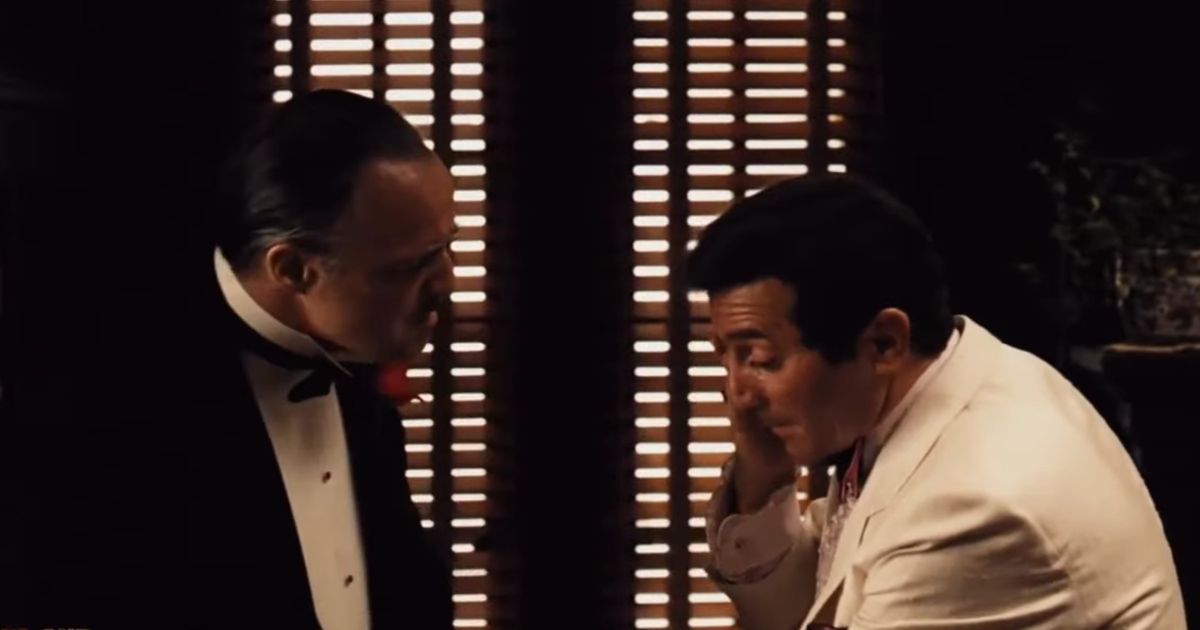
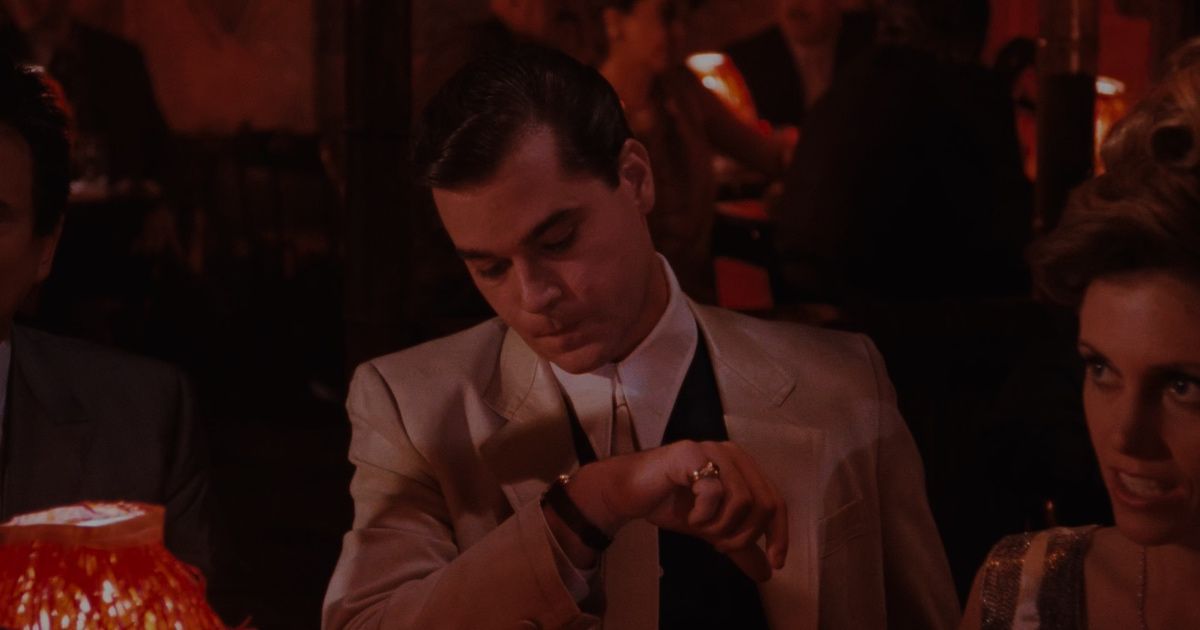
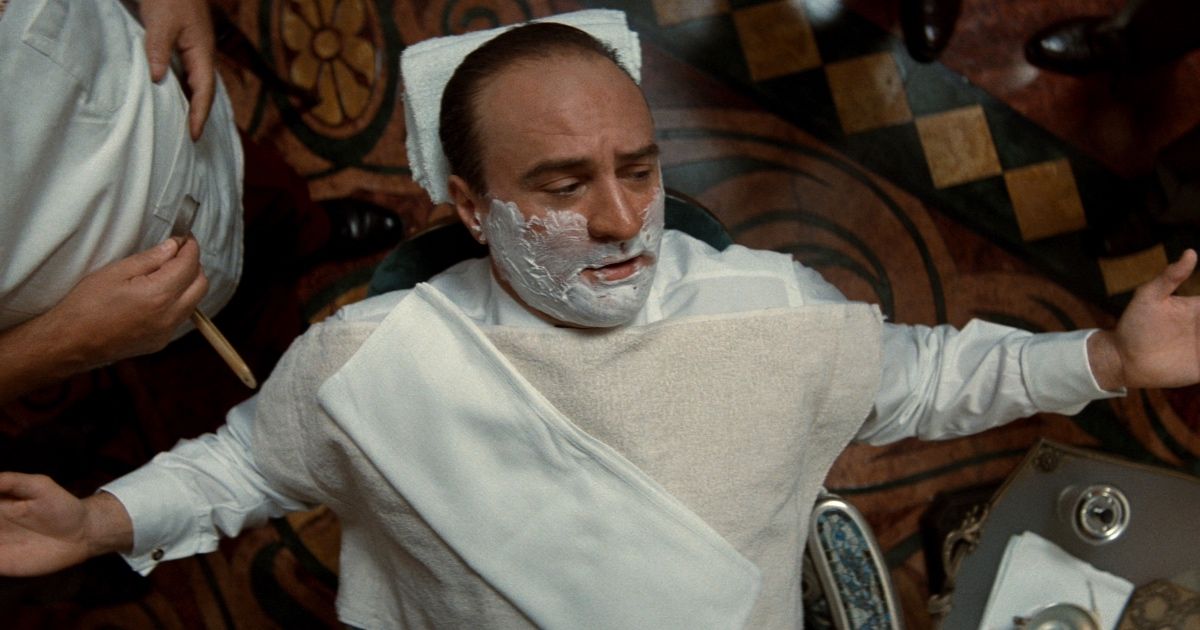
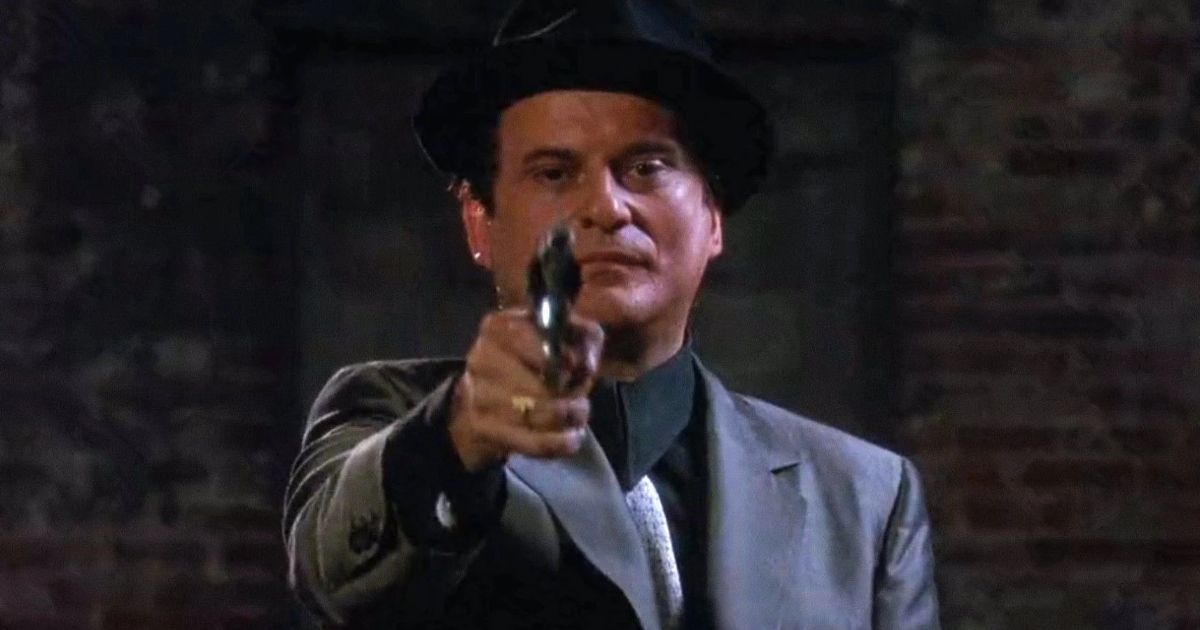
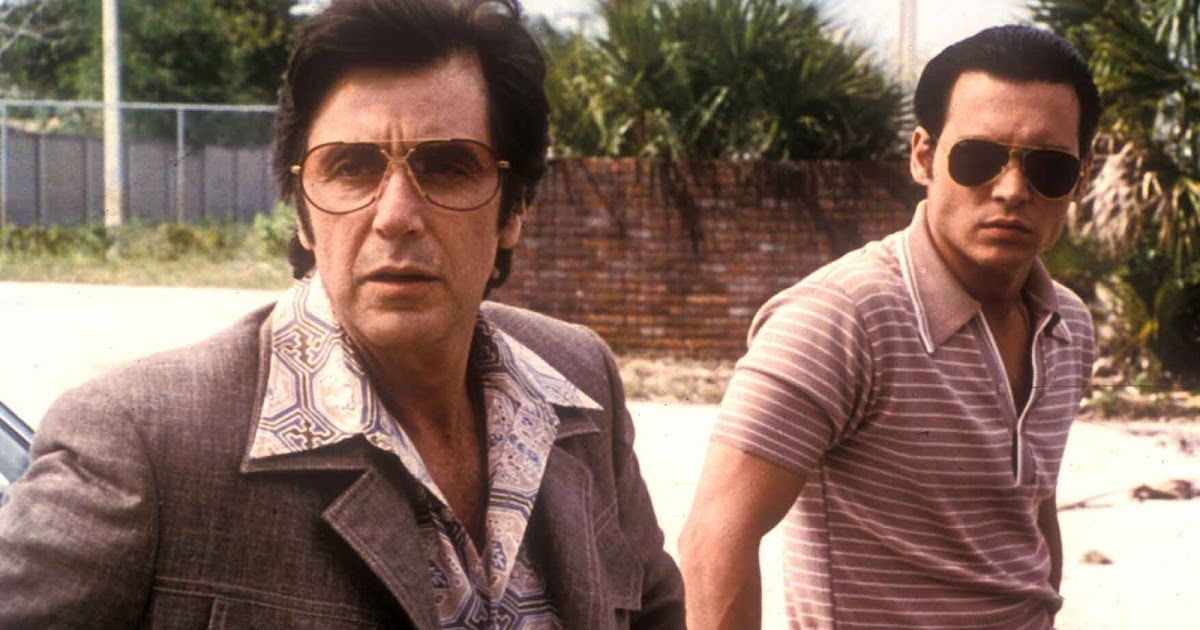
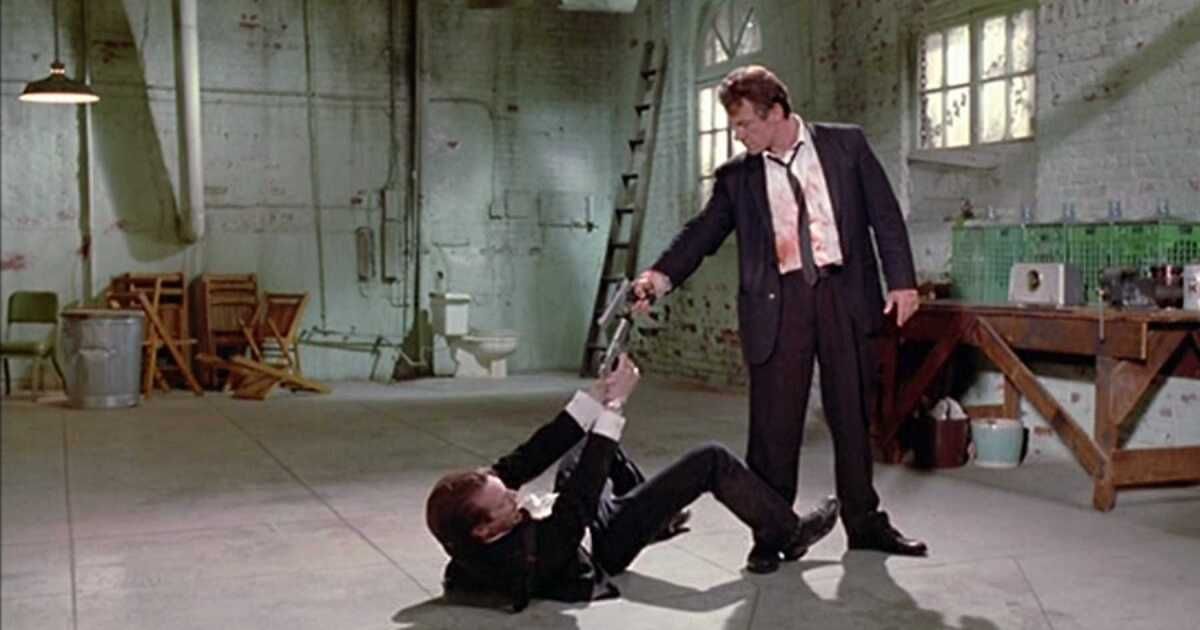
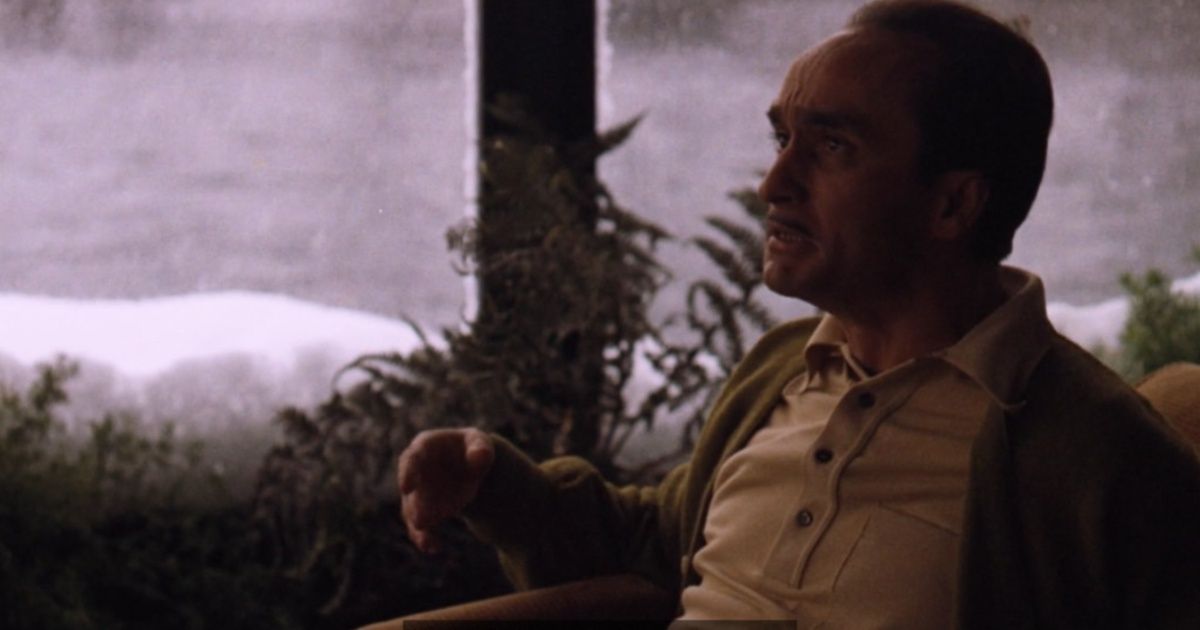
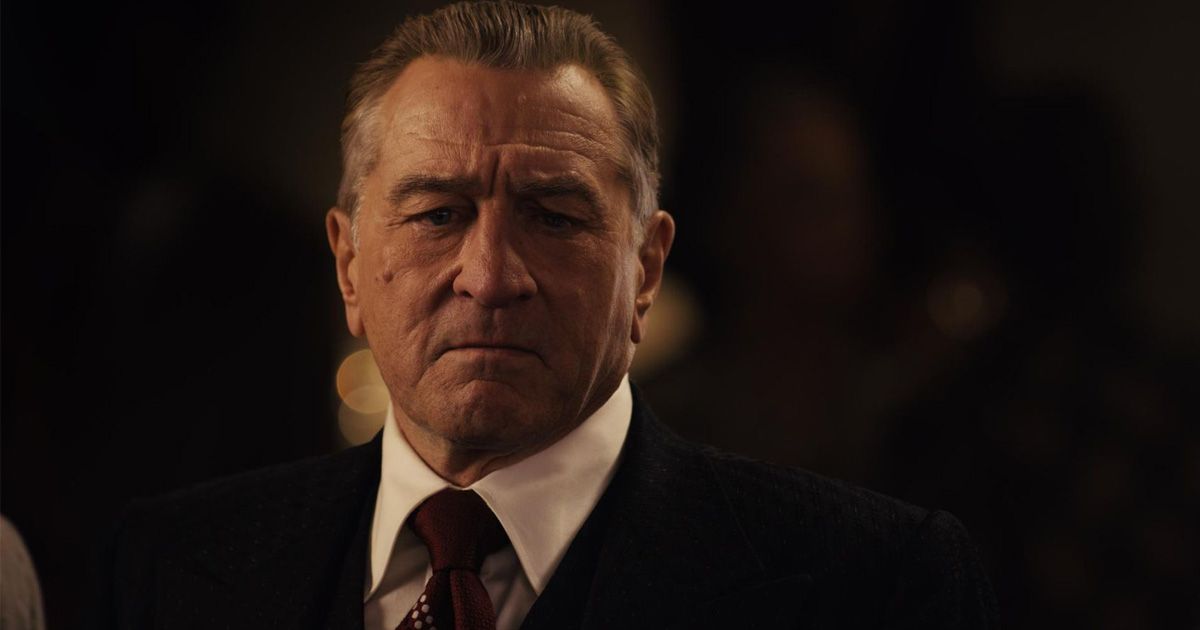

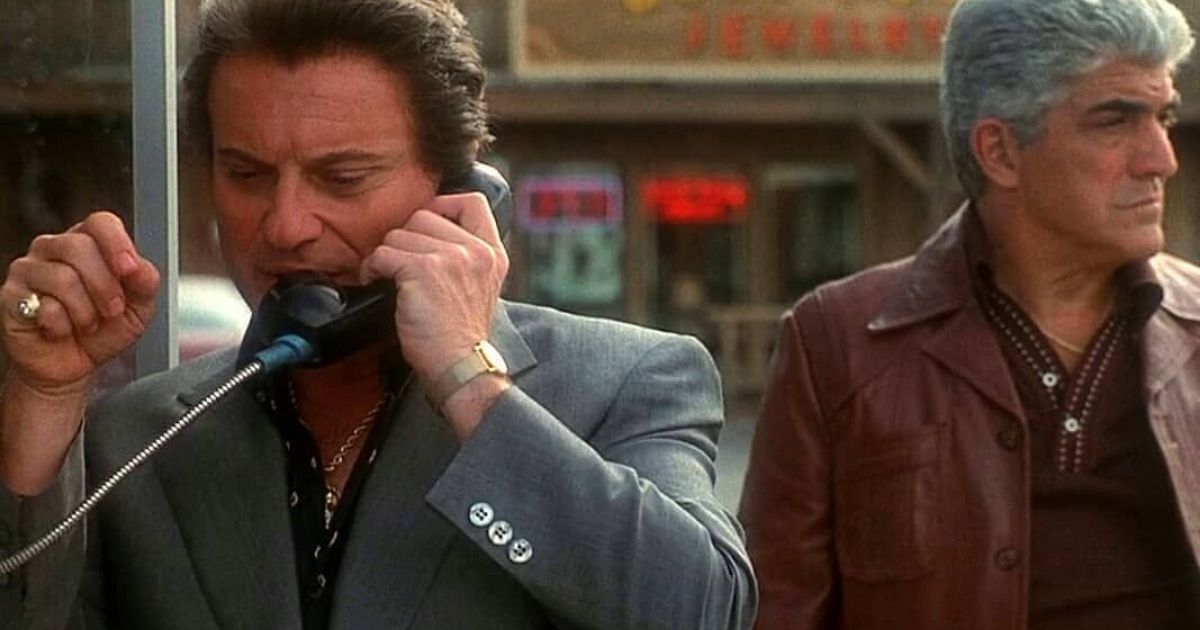
Comments
Post a Comment